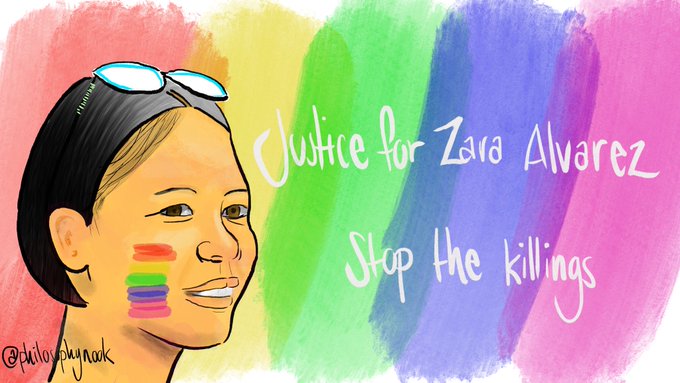
One year ago, the US targeted killing of #Iran’s #GeneralSoleimani in #Iraq became the first known incident outside the context of a declared conflict in which a State invoked self-defence as justification for an attack against a State-actor. undocs.org/en/A/HRC/44/38
The international community feared its aftermath would see military escalation with devastating consequences. However, while the worst in terms of a global conflict was avoided, worse struck nevertheless. spcommreports.ohchr.org/TMResultsBase/…
On 8 January,176 innocent people subsequently lost their lives when their flight, PS 752, was struck down by Iranian missiles. A month later, Iranians were killed, and hundreds arrested, as they demonstrated for accountability and truth from the Iranian leadership for this attack
And what of the young Iraqis killed throughout 2020 because they dared demand a better world? Because they dared reject the rule of the militias? A year later, those demonstrations have been crushed in blood. spcommreports.ohchr.org/TMResultsBase/…
So yes, there was no international war. But many paid the highest price, and many more continue, in the name of justice, to risk the same. And didn’t the US attack and its aftermath hammer yet another nail in the coffin of international law and international rule?
The justifications advanced by the US for its drone attack against General Soleimani, and later by Iran for its attack against US bases in Iraq, lacked any evidence of imminent threat. Clearly, the strikes were made in retaliation or as reprisals. And thus they were unlawful.
The US killing of General Soleimani, a State officials, also failed to meet the standards of necessity and proportionality. It was unlawful under human rights law. What does its precedent mean?
We now confront the real prospect that States may opt to strategically eliminate high-ranking officials outside the context of a known war and then attempt to justify such a killing on the grounds of the target classification as a “terrorist who posed an undefined, future threat.
And it means we also face the possibility that ALL soldiers, anywhere in the world at any time, may be deemed a legitimate target. Further, by killing General Soleimani on Iraqi soil without first obtaining Iraq’s consent, the US violated the territorial integrity of Iraq.
And what about the fact that, one year later, the US and Iran are still threatening each other, thus the whole region, if not the world, with further attacks? Where is accountability for all the victims fallen collateral to this conflict-without-a-name?
Where is the global leadership mediating for its resolution? Demanding accountability for its prosecution? How are we to mend the law and standards there to protect us all, but damaged perhaps beyond repair? Where are the institutions ready and able to intervene, to act, to mend?
Those are the questions we should be asking. And it is their answers that we should be demanding. As we look to priorities for 2021, they may be among the most important actions we have to take.
• • •
Missing some Tweet in this thread? You can try to
force a refresh



